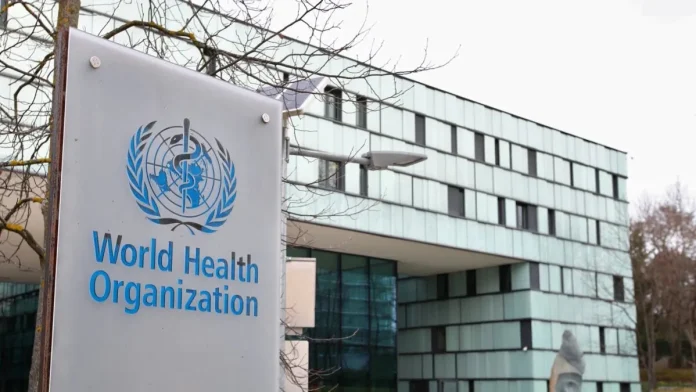World Health Organisation’s, WHO, Representative to Nigeria, Dr Walter Mulombo, has advised Nigerians to cultivate the habit of regular exercise, emphasising its importance in promoting health and well-being.
Mulombo made the remark during the “Walk the Talk” awareness walk in Abuja, on Monday to commemorate the World Health Day, with the theme “Healthy Beginnings, Hopeful Futures.”
The event, he noted, was not only to mark the establishment of WHO, but also to raise awareness about maternal mortality and the need for collective efforts to address global health challenges.
Mulombo pointed out that although the “Walk the Talk” initiative is relatively new, it presents an opportunity for government, civil society and communities to collaborate and significantly reduce health issues like maternal mortality before 2030.
He highlighted WHO’s ongoing support to the Nigerian government, especially through initiatives like MAMI (Maternal Mortality Innovation and Initiatives) programme, which aims to reduce deaths among mothers and newborns.
He also stressed the importance of addressing unacceptable maternal mortality rates and the need for increased physical activity to maintain good health.
“The MAMI initiative focuses on strengthening healthcare services and community engagement, particularly in the most affected local government areas.”
Mulombo emphasised that WHO would continue to work closely with the Nigerian government, healthcare workers and other partners to improve maternal and neonatal health outcomes.
The Ministry of Health’s commitment to improve the health of women and children was also highlighted by the Director of Health Planning, Research and Statistics, Dr Kamil Shoretire.
He explained that the ministry is focused on promoting healthy beginnings for children and ensuring that women have access to quality antenatal care and skilled birth attendants.
Shoretire emphasised the importance of family planning services, that are vital for empowering women and ensuring the well-being of both mothers and their children.
He highlighted these efforts as part of the broader health strategy to support a progressive and healthier nation.
Shoretire also outlined the Nigerian Health Sector Renewal Investment Initiative, which focuses on improving governance, health outcomes and the local production of medical supplies to reduce reliance on imports.
He noted the efforts of the Nigerian Centre for Disease Control, NCDC, in responding to public health threats, such as the recent meningitis outbreak, with the support of international partners like Gavi, WHO and UNICEF.
According to him, with the current local government autonomy, local governments are expected to play an active role in improving primary health care, ensuring that more people have healthy beginnings for a hopeful future. NAN











